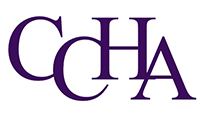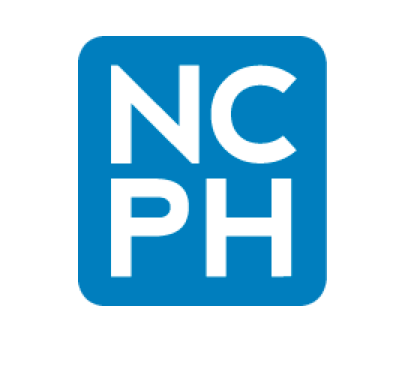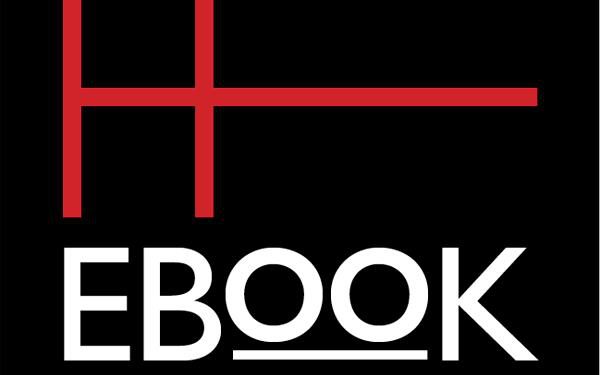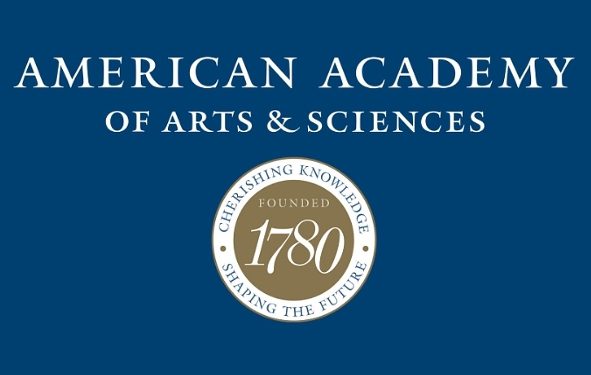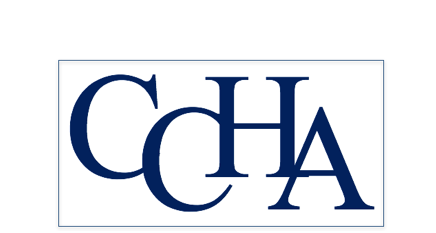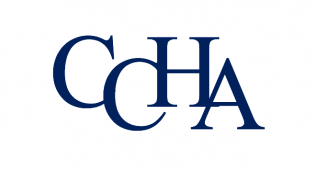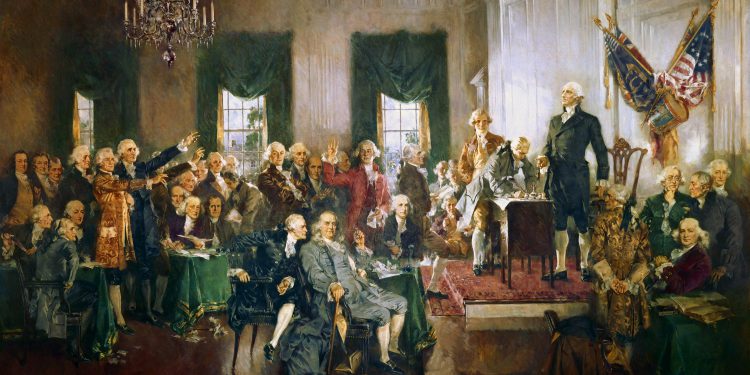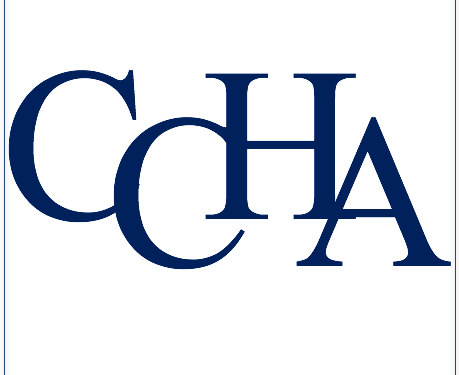Next Steps in the Fight to #SavetheNEH
By: Beatrice Gurwitz
Two days before President Trump’s inauguration, we awoke to reports that the transition team was contemplating a proposal to eliminate funding for the National Endowment for the Humanities (NEH) and the National Endowment for the Arts (NEA). On March 16, after almost two months of near silence on the subject, the administration released a budget blueprint even more threatening to humanities programs than had been initially reported. The administration’s proposal not only recommends the elimination of the NEH and the NEA, but also the Institute of Museum and Library Services and the Woodrow Wilson Center. Additionally, it calls for the “reduction or elimination” of the Department of Education’s Title VI and Fulbright-Hays programs.
Over the past four months, the National Humanities Alliance has been working in close partnership with [association] and our other members to demonstrate support for the NEH. This campaign has resulted in nearly 150,000 messages and phone calls to Members of Congress and President Trump. A record-breaking number of humanities advocates joined us in Washington D.C. for Humanities Advocacy Day in March, visiting their congressional offices and making the case for robust funding for the NEH and other humanities programs. Advocates have published op-eds highlighting the local and national import of the NEH. Subsequent to the release of the budget blueprint, we have also launched grass-roots campaigns in support of the other agencies.
Since the Trump Administration released its plan in March, our attention has turned primarily to Congress, which will ultimately decide whether and at what level to fund the NEH and the other cultural agencies for FY 2018. As Congress begins its work, the budget committees will release their Congressional Budget Resolutions, which set an overall spending limit, but whose recommendations for specific discretionary programs are just advisory. The appropriations committees in each house will then draft twelve appropriations bills proposing funding levels for all discretionary spending, including for the NEH and other humanities programs. If those bills clear their committees, the full House and Senate will have to pass them. Finally, bills from each house will need to be reconciled in a conference committee. This is a long process that will likely stretch into the fall. Proposals to eliminate funding for the NEH and other humanities programs could gain traction at any point.
Reasons for Optimism
Trump’s budget proposal is just a proposal. Members of the appropriations committees have their own agendas and priorities, and have been largely supportive of the NEH and other humanities funding, particularly in the last two years. After passing a $2 million increase for NEH in FY 2016, Congress passed another $2 million increase for FY 2017 in early May. Further, Republican members of the House and Senate subcommittees that allocate funds to the NEH and the NEA have gone on record supporting the programs even in the face of the President’s proposal for FY 2018. Finally, letters to the President and to the appropriations committees requesting a $5 million increase for the NEH in FY 2018 have received bipartisan support.
Causes for Concern
While we anticipate that the appropriations committees will be supportive of the NEH, the upcoming FY 2018 appropriations process is likely to be prolonged and contentious as Congress struggles to abide by budget caps that were put in place as part of the 2011 budget deal. While the current cap may be renegotiated, if the resulting cap is still low, the Trump Administration’s efforts to increase defense and military construction spending would necessitate severe cuts to non-defense discretionary spending. This would leave the NEH, along with a wide range of other domestic programs, vulnerable to deep cuts or even elimination as appropriators are forced to make difficult choices. If the new budget cap is higher, appropriators will have more room for domestic spending.
We are also concerned that the call from the Trump Administration to eliminate funding for the NEH, the NEA, and the Corporation for Public Broadcasting will embolden those within Congress who have long sought to defund these agencies in particular. While this is unlikely to happen within the appropriations committees, opponents of the NEH could introduce an amendment to eliminate funding when either chamber considers the appropriations bill or during negotiations over the differences between House and Senate appropriations bills.
Advocacy Strategy
Given these concerns, we are working to raise awareness of the work that the NEH supports around the country and the diverse communities it serves. We are encouraging leaders of higher education institutions and other humanities organizations—as well as individual NEH grantees—to write letters to the editor about the transformative impact of the NEH. We are also working to expand our list of grassroots advocates so that Members of Congress receive as many calls and messages as possible at critical points in the appropriations process.
The [association] has been an indispensable ally in these efforts. Individual members can also play a key role as well. By starting with our Take Action page (http://www.nhalliance.org/take_action), you can sign up for our action alerts, write your Member of Congress, and share these links to our resources with family, friends, and colleagues. Sharing this advocacy campaign and other social media assets will help expand our network and demonstrate to Congress the deep support for NEH across the country.
While it is important to build support among all Members of Congress, the support of particular Members will be key at certain stages of the appropriations process. By signing up for our action alerts, encouraging others to do the same, and sharing our alerts on social media, you will also increase the likelihood that we can reach advocates in key districts.
This challenge to the NEH and other humanities programs has inspired an outpouring of support for federal humanities funding. Over the coming months, it is critical that we continue to mobilize even more advocates to increase public awareness of the impact of these programs and to ensure that Members of Congress continue to hear from their constituents.
